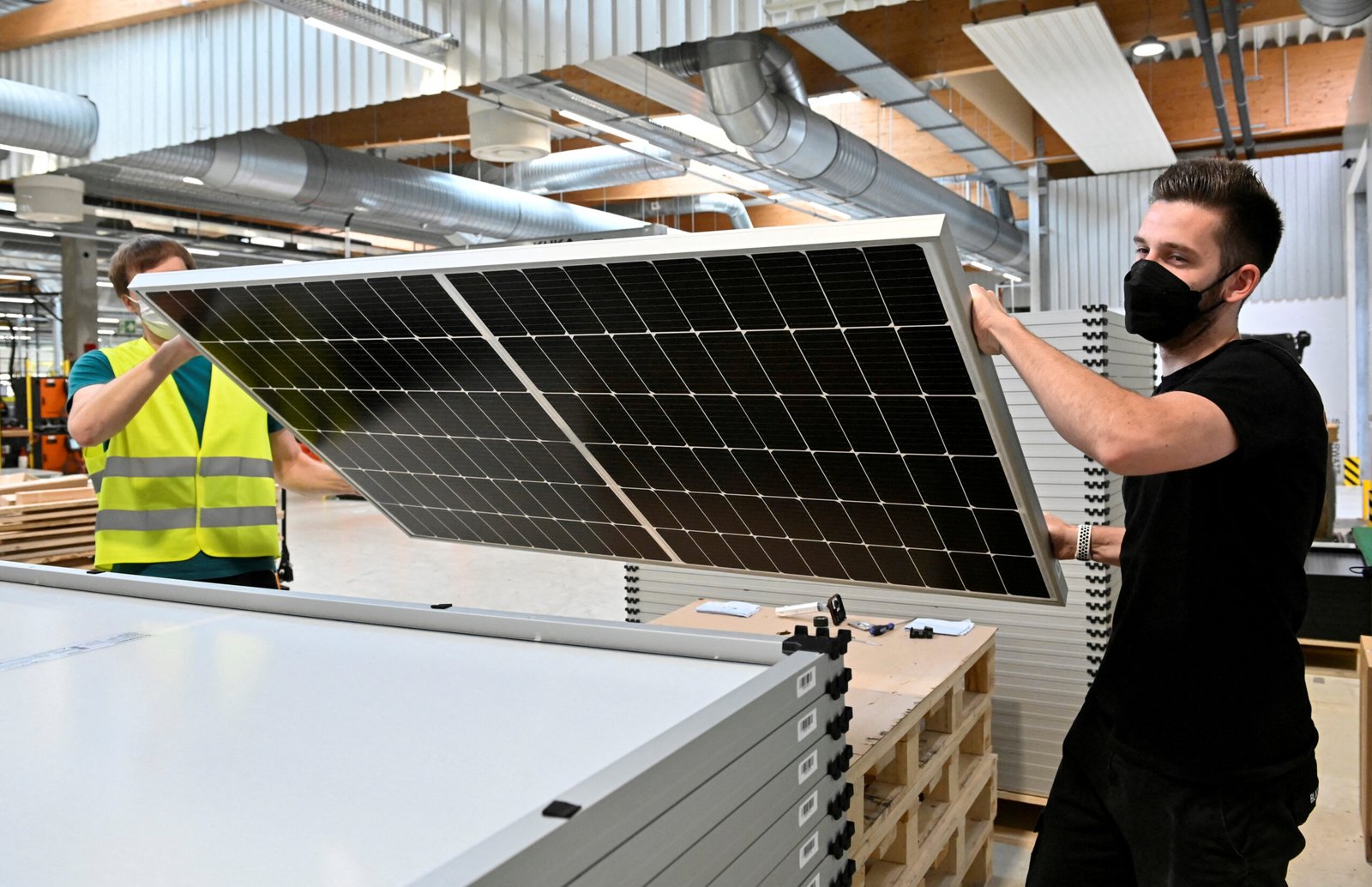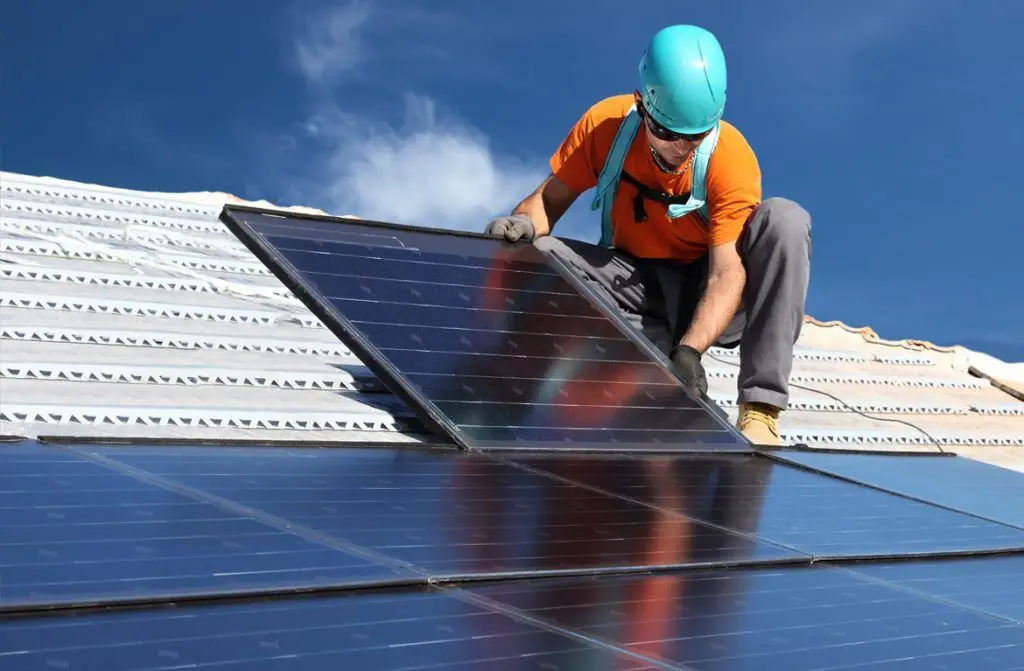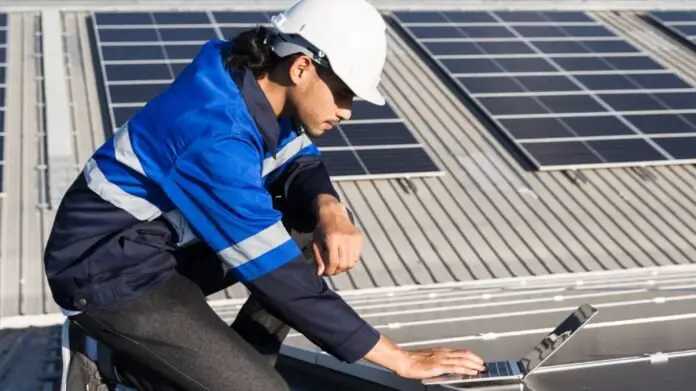Staff Reporter
The German solar panel industry is facing significant challenges as consumer and investor interest continues to wane. A combination of the ongoing cost of living crisis and high interest rates is slowing down installations.
The residential solar panel market in Germany is seeing a marked decline, largely due to reduced customer demand. This downturn is linked to increasing layoffs and a growing number of bankruptcies among solar panel installation and distribution firms.
In response to these shifting dynamics, several companies in the sector have undergone takeovers and are reworking their strategies to adapt swiftly to the changing landscape.
The drop in demand for solar panels has significantly contributed to falling prices and an oversupply of panels in Germany. This situation has sparked concerns about deteriorating investor and consumer sentiment in the solar sector, raising alarms about potential long-term impacts on the EU’s climate goals.
Moreover, other major European economies, including Belgium and the Netherlands, are also experiencing a decline in interest for solar power, further complicating the region’s renewable energy ambitions.
What’s Behind the Challenges Facing Germany’s Solar Panel Industry?
Germany’s solar panel industry experienced a surge in demand after the onset of the Russia-Ukraine war, driven by rising concerns over energy prices and the EU’s energy security.
In the first nine months of 2024, more than 11 gigawatts of solar power were installed in Germany, marking a 3% increase compared to the same period last year, according to Ember. This growth was bolstered by generous government subsidies and grants aimed at reducing the country’s reliance on Russian energy sources.

Following several months of strong profits, Germany’s residential solar panel sector is now experiencing a correction. The ongoing cost of living crisis has made customers more cautious about investing in often costly solar panel installations. Additionally, high interest rates over the past several months have increased the cost of financing solar projects, further dampening demand.
In mid-2024, the German government announced plans to reform its renewable energy subsidies. This includes shifting to one-time grants for investment expenses instead of guaranteed prices, among other changes. During periods of adequate storage capacity, renewable energy projects may also receive reduced subsidies.
Recent declines in energy prices have discouraged consumers from investing in the high costs associated with solar panel installations, especially as energy prices stabilize after the initial shock of the Russia-Ukraine war.
The German solar panel market, similar to its automotive sector, is facing increasing pressure from cheaper Chinese competitors.
This intensifying competition has prompted several small solar startups and companies to consolidate in order to avoid bankruptcy and strengthen their market position, leading many to scale back on new investments.
Despite these challenges, 2024 has seen a rise in mini photovoltaic systems, as some consumers opt for smaller-scale solutions in their efforts to adopt greener energy sources.


